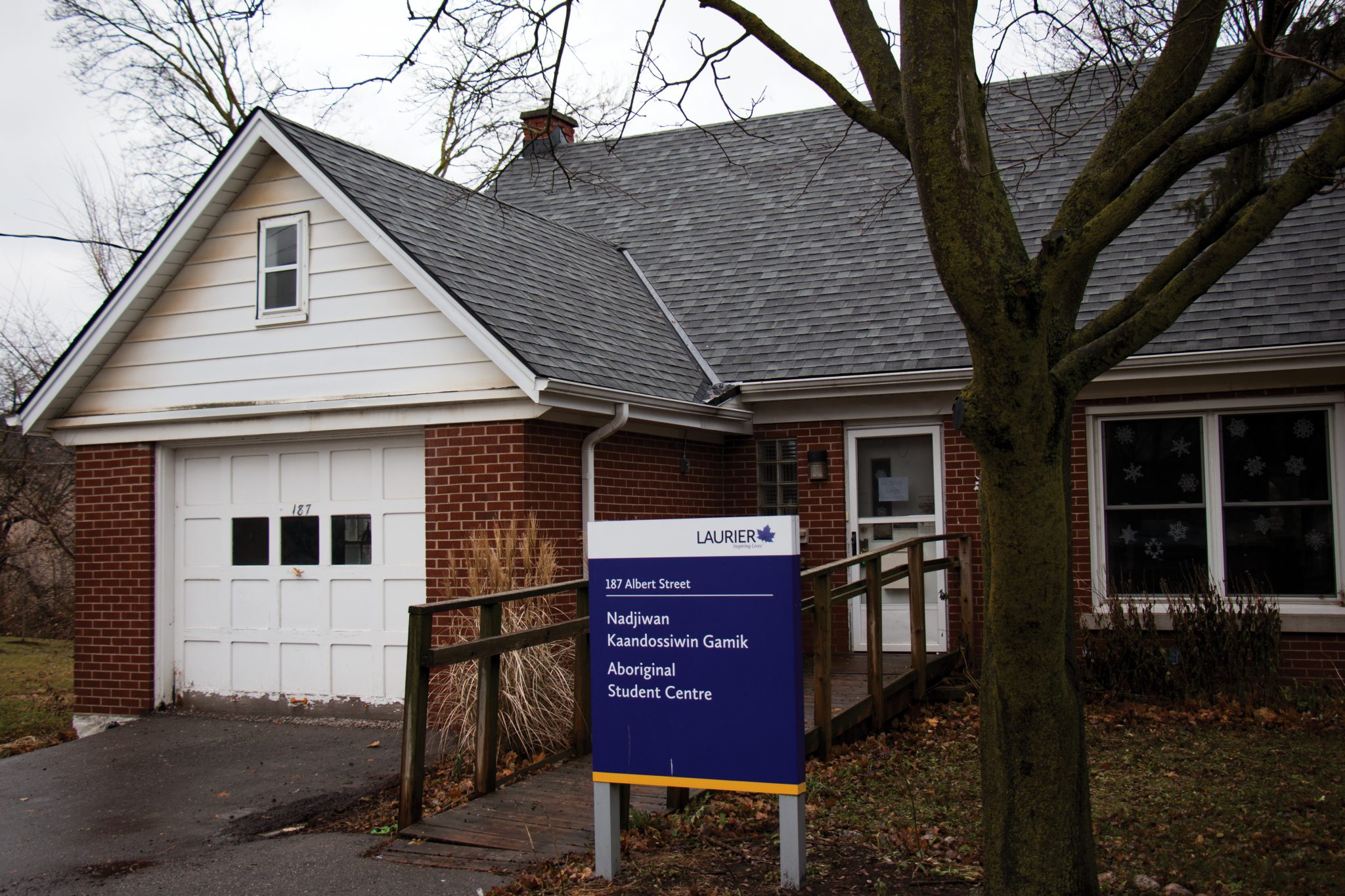Laurier hosts events to promote Indigenous research

Wilfrid Laurier University is hosting three different events to focus on Indigenous research, in addition to promoting non-Indigenous students and the public working together with the Indigenous community to conduct studies.
The first event being held is the book launch for scholar Georges Sioui where will launch his new book, Eatenonha: Native Roots of Modern Democracy, on Nov. 28 on the main floor of the Laurier Library, a collaboration with the Cold Regions Research Centre.
“The author will be there, he’ll do a reading from the book and then answer questions, if people have questions for him regarding anything he will be there to ask,” said Jean Becker, senior advisor of Indigenous initiatives at Wilfrid Laurier University.
Nov. 29 is the Indigenous Day of Learning at Laurier, featuring another partnership between the Cold Regions Research Centre and the Office of Indigenous Initiatives, will feature a presentation from Sioui in the morning, with the afternoon session hosting a research workshop by Kathy Absolon.
“The Indigenous day of Learning, for them, is particularly focused on training for students, graduate students primarily, but any student in doing research with Indigenous communities, so that will kind of be the focus of that day of learning,” Becker said.
“It’s to give students the information and some training, how to proceed when you’re going to be working in or around Indigenous communities.”
Increasingly in Canada today, at some point in your life as a researcher or working in a company, you are more and more going to have to know about Indigenous issues, many companies are now hiring Indigenous liaisons because the relationship between the Indigenous population and everybody else is recognized as being of critical importance.
– Jean Becker, senior advisor of Indigenous initiatives at Wilfrid Laurier University
The event will take place from 9 a.m. to 4 p.m. in the Paul Martin Centre, with the morning speech focusing on circular and matricentric thinking, the essential thread of Canadian history, the concept of Americity and the Four America and Indigenous roots of modern democracy.
The afternoon workshop will include discussions on conducting research with or about Indigenous peoples as well as introducing learners to a holistic research paradigm.
The final event is being hosted on Dec. 4, which is the annual Indigenist Research Symposium, with the theme and title this year as “On Our Own Terms: The Future of Research in Indigenous Communities”.
“This year, the theme is completely different, what we’ve focused it around is community control research, Indigenous community control of research; customarily in the academy, we think that we control how research is done, who decides what will be researched and then we proceed to do that on our own,” Becker said.
“In Indigenous communities more and more of them are taking control of the research that is being done and they have their own reasons for getting research, there are certain things that they want to have researched, they are taking an active role in defining research.”
John Zoe, senior advisor to the Tłı̨chǫ Government of the Northwest Territories, will be giving a keynote speech at the symposium, as the symposium will also host talks by Geraldine King, a Queen’s University PhD candidate and another talk by Sioui.
“Increasingly in Canada today, at some point in your life as a researcher or working in a company, you are more and more going to have to know about Indigenous issues, many companies are now hiring Indigenous liaisons because the relationship between the Indigenous population and everybody else is recognized as being of critical importance,” Becker said.
“Non-Indigenous students will benefit as much or more as indigenous students from learning more about that whole field of Indigenous knowledge and education.”


